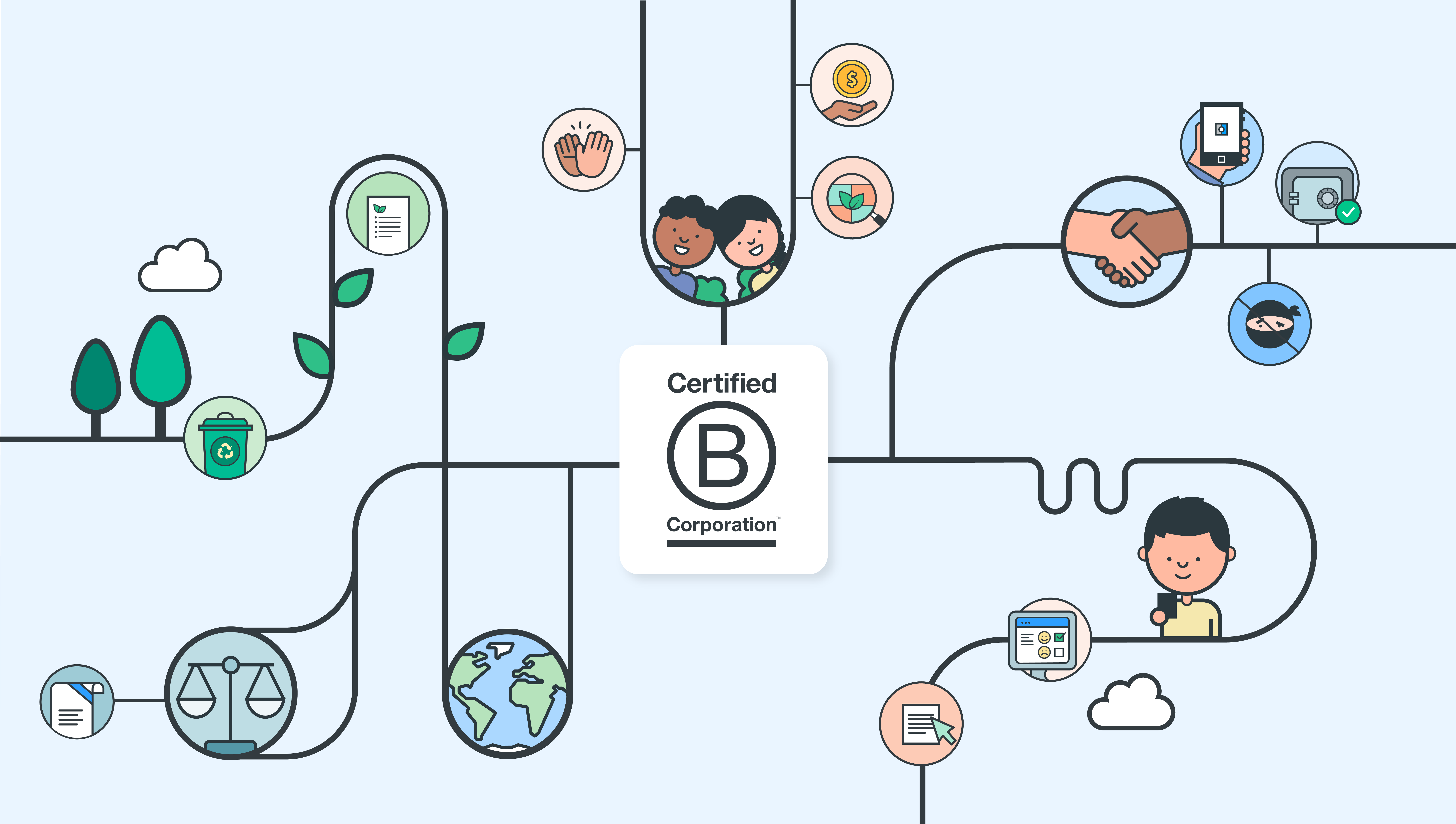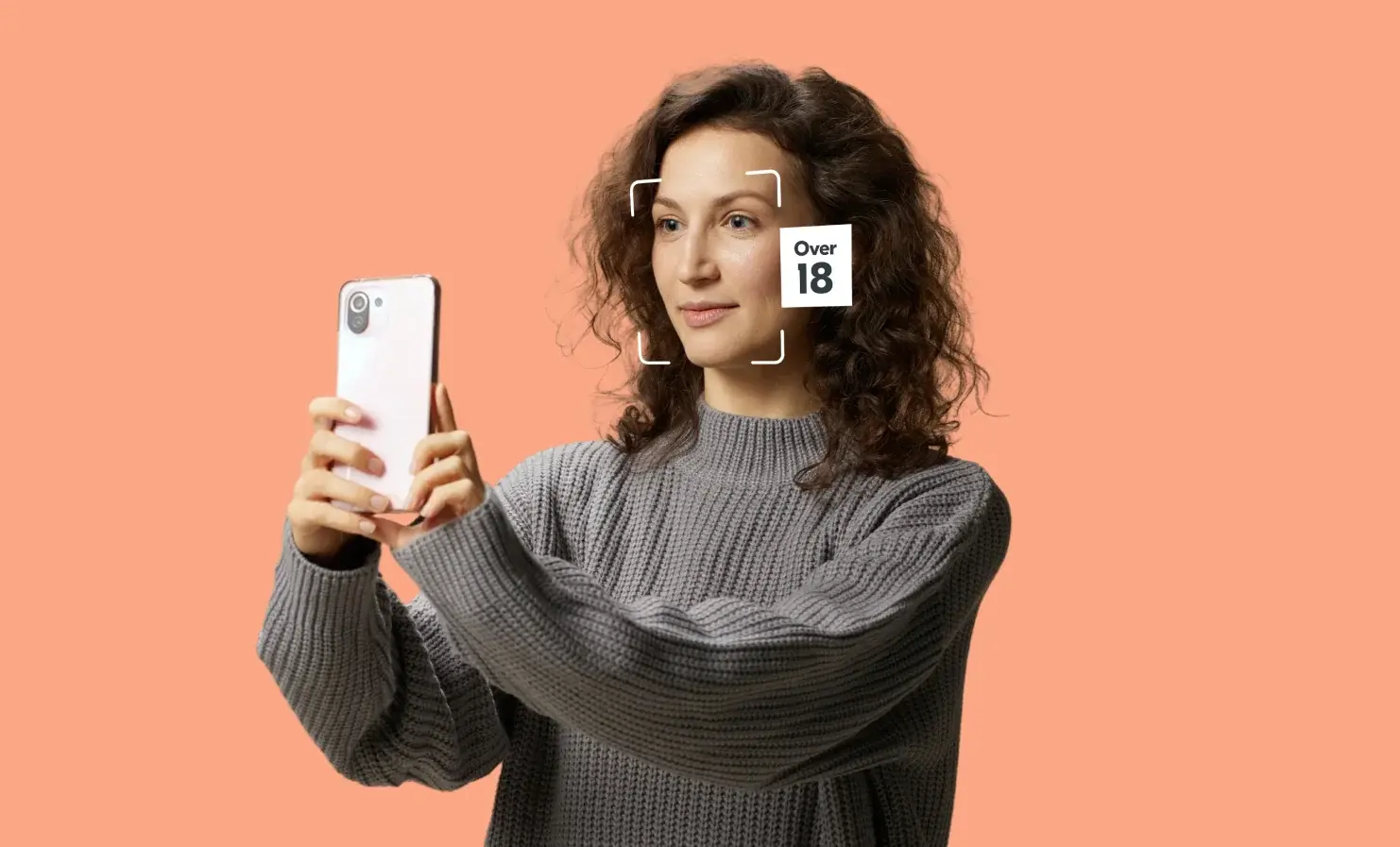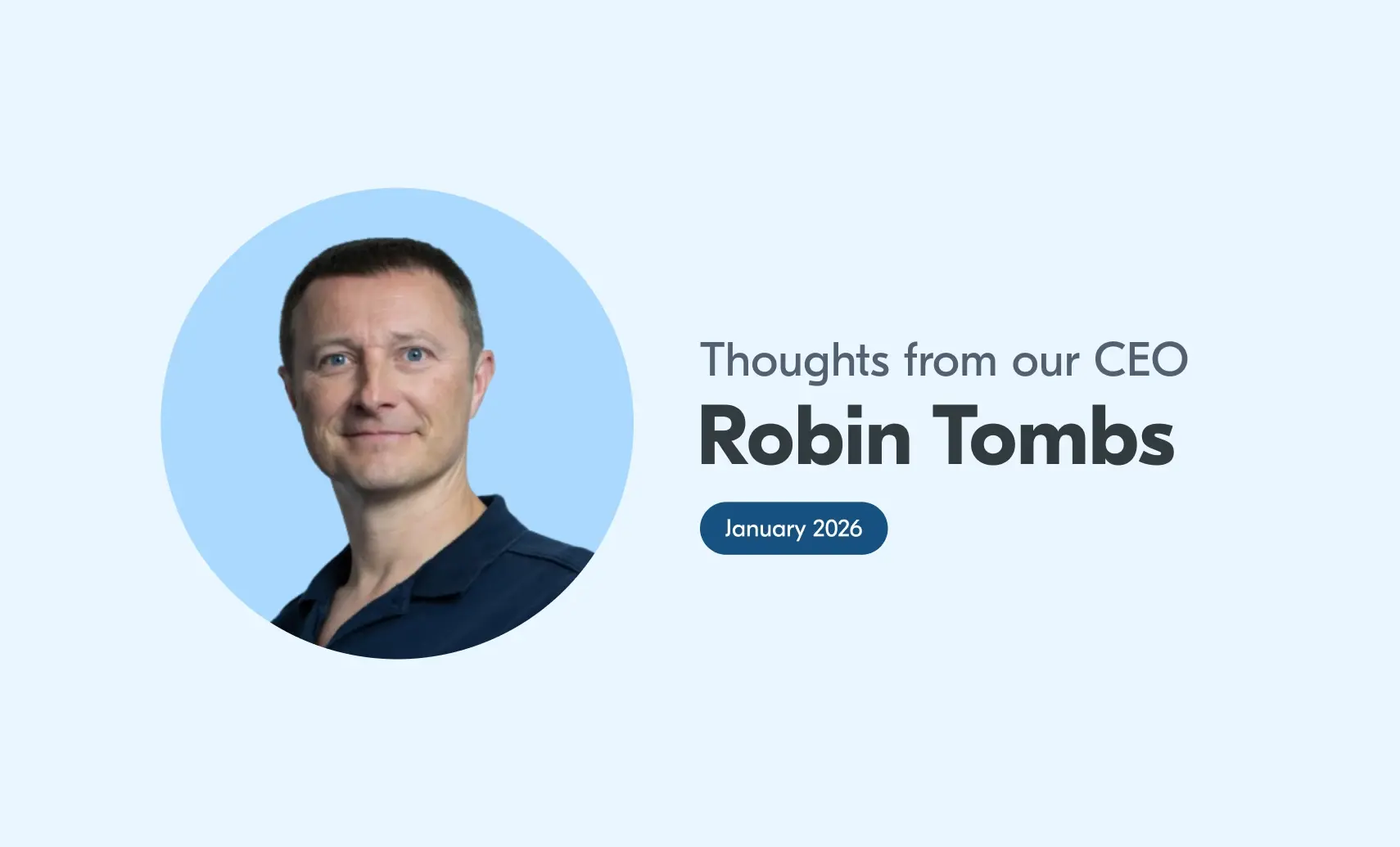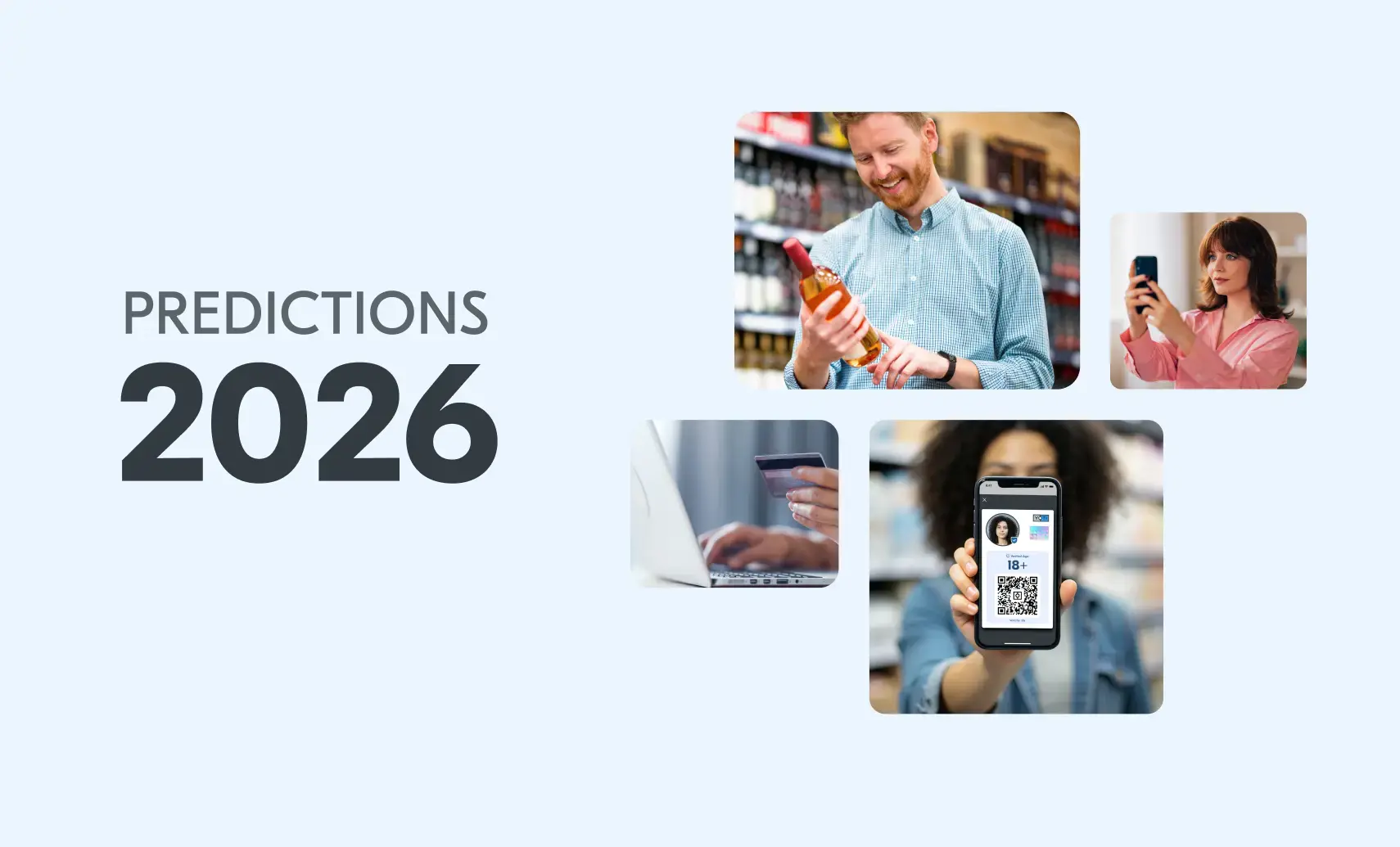
We’re really proud to be one of the UK’s founding B Corps. Every March, purposeful businesses come together to celebrate B Corp month. It’s a time for B Corps to raise awareness of just how important it is to move away from the outdated “business as usual” approach, and instead demonstrate how business, if done right, can be a force for good.
But what is a B Corp?
Certified B Corporations, also known as B Corps, are companies that ameet high standards of social and environmental performance, transparency and accountability. There are now over 6,000 B Corps in 89 countries, across 159 industries.
By being part of the B Corp movement, we recognise that the most challenging global problems cannot be solved by governments and NGOs alone. By harnessing the power of business, we know that as B Corps we have the ability to commit positively to impact all stakeholders.
How does a company become a B Corp?
Qualifying to be a B Corp is a comprehensive and rigorous journey, where aspiring B Corps must have their processes verified by the B Lab, who oversee certification. B Corporation believes that businesses should exist to deliver impact above and beyond just profit. As such, businesses are assessed in five key areas: governance, workers, community, environment and customers.
On top of these, if a company has what is known as an Impact Business Model (IBM), they can gain extra points. An IBM refers to the way that a business is designed to create a specific positive outcome for one of its stakeholders. An IBM may be based on a product, a particular process or activity, or the structure of the business.
Where do we fit in?
Our Governance
One area of being a B Corp that we think we excel in is our governance. Yoti is proud to be one of the UK’s founding B Corps, having received its first certification back in August 2015, the same year that B Corp launched in the UK.
Before we’d even thought about how to turn a profit, we knew that as a company, we wanted to do business in the right way. We were well aware that in this industry, we would come up against complex ethical questions, simply because of the nature of what we do. So we had to find a way of ensuring that we had a robust framework to work against.
In response to this, we came up with our seven founding principles, which have remained unchanged since the day we adopted them. That’s not to say that we won’t change them if we think they could be improved, but we think they’ve stood the test of time, and still hold strong as our foundations.
Alongside these, we also have a comprehensive Code of Ethics, which we must abide by in every decision we make. This covers how we treat our employees, customers, business partners, and all remaining stakeholders.
To demonstrate our commitment to being a B Corp, we have also made changes to our governing documents. We have made changes to our company’s Articles of Association, meaning that our business is held legally accountable to a broader purpose and is committed to considering the interests of all stakeholders.
We also are held to account by our Guardian Council which consists of external, independently appointed experts in relevant fields such as human rights, data privacy and last mile tech. Alongside the Council, we have an Internal Ethics and Trust Committee, which oversees the development and implementation of ethical approaches at Yoti.
We have made public pledges by signing up to the Fair Tax Charter, 5Rights and the Biometrics Institute, and are aligned with Responsible 100, all of which guide us in ensuring that we build ethical technology.
And that’s only some of what we do. Keep an eye out for our upcoming governance series, where we’ll delve a bit deeper into our governance practices and what they mean on a practical level.
But we know we can still do better
One of the five assessed B Corp areas that we know we need to work on is community.
Something that we proposed back in 2016 was giving our staff Selfie Days. These consist of giving everyone at Yoti five days a year for personal development or to support their choice of charitable and socially-focused causes.
Upon reflection, we noticed that perhaps this isn’t the best way of doing things. With the pandemic meaning that fewer people are in the office, it’s been a bit of a challenge to get people together.
Also, whilst we felt that it was the right thing to do to give people choice when it comes to how they spend their time, we understand that in a really busy working environment, the reality is that it can be hard for team members to prioritise doing this.
So, in response, this month we are organising a company-wide volunteering day for our team. We will be spending an afternoon volunteering at a local sustainable garden and community centre. We hope to break down those initial organisational barriers and make it as easy as possible to give back to the community.
We’re also committed to launching our Digital Identity Toolkit, which we hope will help demystify the world of digital identity. It is aimed at those who want to learn more about digital identity and how they might be relevant to people in their lives or their work.
We hope that by making digital identity more accessible, readers will be able to make more informed decisions about whether they want to make a digital identity or integrate the technology into their organisations.
If you want to know more…
We’re currently in the process of recertifying for B Corp status (companies must recertify every three years). You can check out our most recently available B Corp score and impact report if you’d like to know more, or you can get in touch. Otherwise, keep an eye out for our upcoming governance series, Digital Identity Toolkit and new B Corp report.




